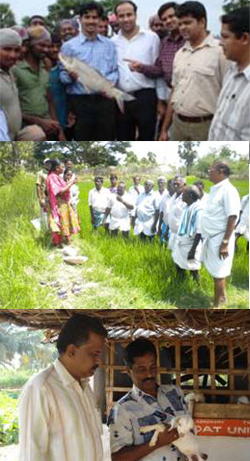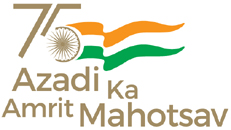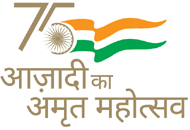About PGDAEM
Transforming subsistence agriculture into profitable agriculture is a great challenge before the extension functionaries in India. It is a well known fact that farmers’ need for the latest knowledge has risen as the focus shifted from subsistence to profitable agriculture, where as, the knowledge of the public extension functionaries has not enhanced adequately due to their engagement in multifarious activities and lack of opportunities for knowledge and skill up gradation. As a result, the knowledge gap between the challenges ahead and existing capabilities among extension functionaries has been widened.
In recent times there has been considerable increase in agricultural extension services provided by private sector in the country. However, its services have been limited to selected regions, crops and enterprises with profitability as a motive. The small and marginal farmers in the less endowed regions with rainfed crops and enterprises are left unattended by these private players, as it does not make a profitable business. It is in this context, the public extension has to continue to cover the wet and dry geographies, all the crops and enterprises promoting sustainable agriculture technologies. Given the scenario, the public extension system continues to play a pivotal role for agricultural growth. The extension personnel in the country working at district and block levels in the field of agriculture and allied sectors estimated to be 90,000 in numbers may be transformed into a vibrant and useful knowledge force to bring about the desired changes in the agriculture sector. It further reinforces that any attempt to strengthen and enhance the capability of existing public extension functionaries is a welcome step for agriculture development.
The proposed extension policy framework also envisages that the extension services are to be broad based and holistic in nature, covering the entire spectrum of agri - value chain. To realise this policy intent, all the extension service providers need to be roped into, to strengthen the content and its delivery mechanism to benefit the farming community. Such initiative would help the extension service providers to be more proactive to serve as knowledge workers and facilitators in the growth of agriculture enterprises.
In order to bridge this ever increasing gap in knowledge, a Post Graduate Diploma Programme in Agricultural Extension Management (PGDAEM) at MANAGE has been launched for the agricultural extension functionaries. It is expected that the diploma would create a professional cadre of farm advisors in the country who eventually would take forward the agenda of agricultural extension.
National Institute of Agricultural Extension Management (MANAGE) has launched the Post Graduate Diploma in Agricultural Extension Management in the academic year 2007-08 especially for the public extension functionaries in distance learning mode. The programme is sponsored by Dept. of Agriculture and Cooperation, Ministry of Agriculture, Govt. of India. In the first phase, the programme would cover extension personnel from the districts where Agricultural Technology Management Agencies (ATMAs) have already been established and functioning effectively.




